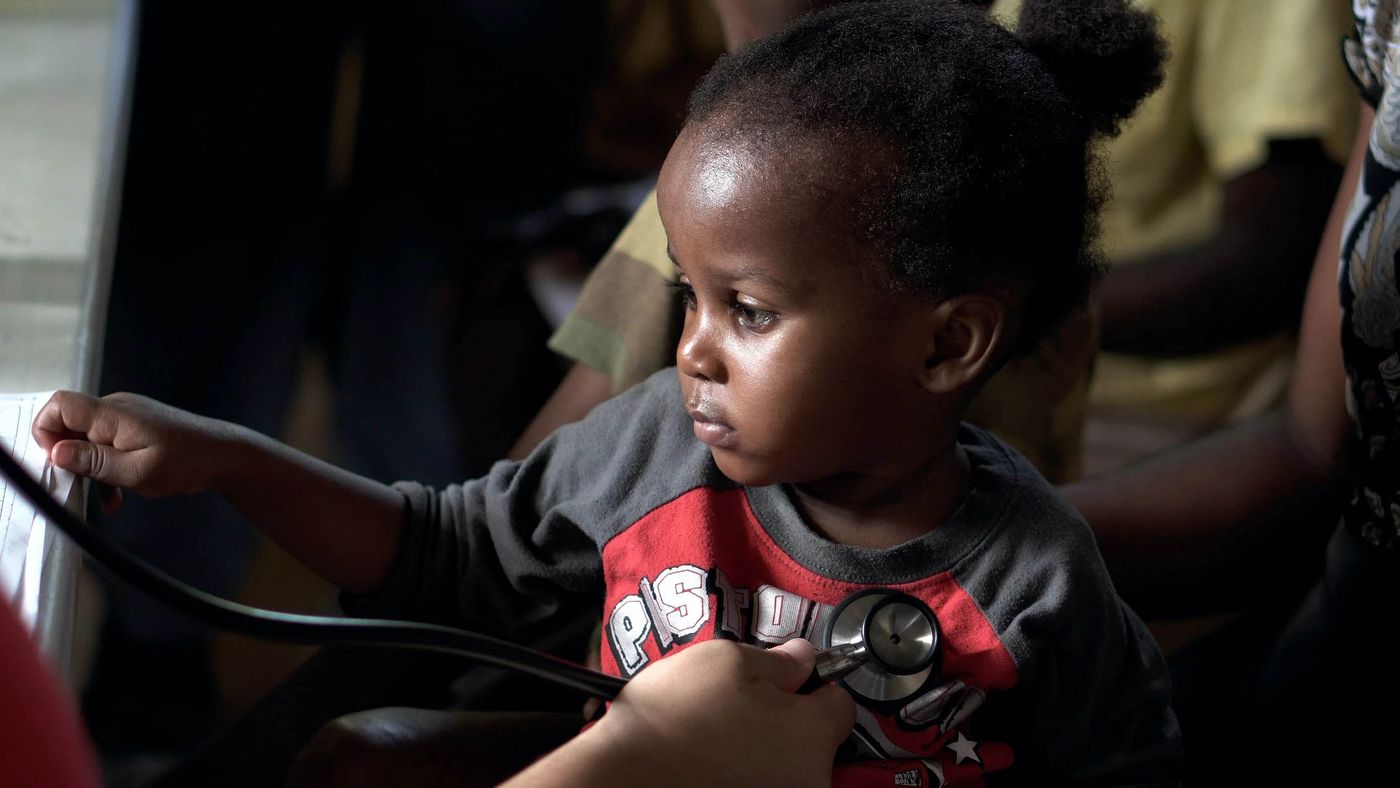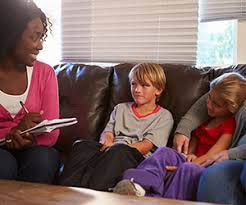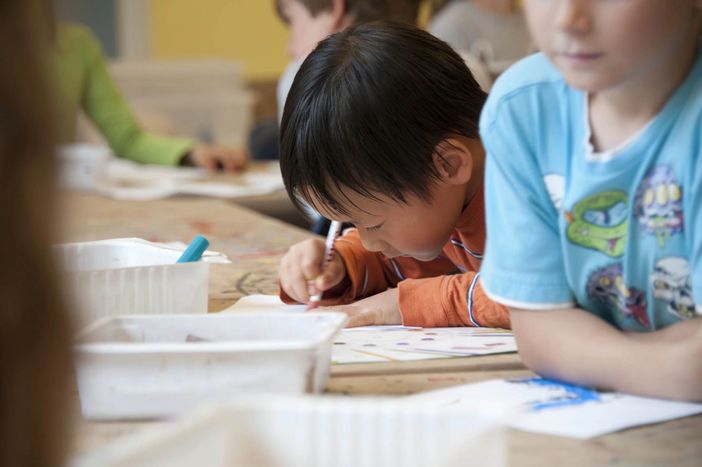We are facing enormous challenges, both known and unknown, as we figure out what “back to the classroom” means in the era of COVID-19 and the accompanying unrest in our neighborhoods. There are multiple stressors impacting children, families, teachers, and administrators as we navigate the changes from the summer and the re-opening in the fall. Early education centers around the country are looking for safe and responsive ways to reopen their doors and these centers need multiple forms of support.
Supporting Early Childhood in the New Normal
Cathleen Armstead, Ph.D.

Trauma
The trauma experienced through COVID-19, the civil unrest, and disruption of our communities, is unimaginable. How do we provide the support for children and their families who have been socially distanced from friends and loved ones for months? Children are away from their schools, adults are away from their work, all are removed from daily, predictable routines, and a familiar schedule. How do we provide support for our teachers? Our teachers are still taking care of our children (especially for essential personnel) while also nurturing and caring for their own families. Re-opening early childhood development centers must happen through the lens of trauma-informed care.
Trauma-informed care begins with relationships. Relationships between children and teachers, teachers with administrators, and programs with families. Every person working to positively impact our families will be faced with complexities arising from this year that have never been seen before. Programs need systematic ways to set and maintain a positive emotional tone throughout the center. Providing supports that are approachable, measurable, and achievable will work towards that goal of creating and maintaining warm, positive environments for all children and families.
Individual Challenges Individualized Solutions
Each program faces specific challenges in their communities and need individualized support. Those areas hardest hit by the virus or civil unrest may need more direct mental health services for traumatized children who present severe and persistent, challenging behaviors. Such programs may also need support for social workers, including training, who work within traumatized communities.
Other programs may need specific training for teachers, trainers, coaches, and administrators – whether in-person or virtually. Many programs could benefit from a continuous series of consultative support and access to a library of resources, interviews, instructional techniques and mini-lessons created by teachers for teachers.
Teachers
Teachers need extensive support to build responsive classrooms that promote prosocial behaviors. Promoting prosocial behaviors with a trauma informed lens ensures all environments and services are welcoming and engaging for the staff, children, and families we serve. Programs can support teachers through providing an engaged workforce with caring mentors and supervisors. Additionally, programs can support teachers with health and wellness programs.
Providing a comprehensive training program for working with children presenting challenging behaviors is an important recurring request from teachers. Programs need appropriate supports to ensure teachers and other staff working with children can proactively, and reactively, understand and transform challenging behaviors and this begins with a training program. A training program would include explicit skill-building for teachers, follow-up consultations, email correspondence, coaching, and access to on-line resources. Such training would necessarily include both proactive and reactive strategies for working with children with trauma induced challenges.
Proactive Approaches
Proactive approaches for building responsive classrooms begin with co-regulation. When a child becomes challenging, it is important to co-regulate by not focusing on the behavior, but instead staying in the moment with them, empathizing with facial expressions and accepting the expression of feelings.
Pro-social behavior such as sharing, helping, or cooperating is a vital aspect to social and emotional development in young children. Peer relationships allow opportunities for children to learn and practice sharing and helping. These opportunities often occur during active play. Teachers’ can encourage pro-social behavior by modeling sharing and helping.
One-on-one time with a child is another factor as a proactive strategy. It is fundamental part of the teacher – to make connections with the child, find time to be with the child, allow the child to lean on, rely on, and care for their teacher. Teachers need to be good role models, sharing, helping, and collaborating with their co-teacher, parents, and other staff.
Planned spaces and intentional materials: a quiet corner where a young child can calm down; feeling dolls, pillows, and soft materials help children self-regulate and may be especially important in the era of COVID-19. Other proactive strategies include:
Building new assumptions
Consistency and reasonable expectations
Intentional social and emotional learning and teaching methodsProactive approaches for building responsive classrooms begin with co-regulation. When a child becomes challenging, it is important to co-regulate by not focusing on the behavior, but instead staying in the moment with them, empathizing with facial expressions and accepting the expression of feelings.
Reactive Approaches
Reactive approaches are those approaches that seek to understand and transform challenging behaviors. These approaches require simple strategies for collecting classroom data and using the data to understand and change behavior. Teachers need support, training and coaching in classifying behaviors by motivation, short term solutions for hard moments and methods of differential reinforcement. Teachers need support, training and coaching in providing on-going maintenance of behavior plans with long term solutions.



The New Normal: A Better Early Childhood System
Re-opening our centers is a return to a “new normal.” But this “new normal” will include traumatized children and families. In working towards a “new normal,” it is important to acknowledge that we may not want to go back to “normal.” Our goal may be to develop trauma-informed organizations to work with children and families with challenges. In that way, we broaden our relationships and expand our impact in the lives of children and families. This may be our chance to make the “new normal” a better place for children, families, teachers, and programs that need our support.
Guest Blogger: Michael Royal is the co-founder of FirstDayLearning, a professional development company with a dedicated focus of using the expertise of mental health consultation and ABA therapy to customize supports for educators in building responsive classrooms that promote prosocial behaviors.
